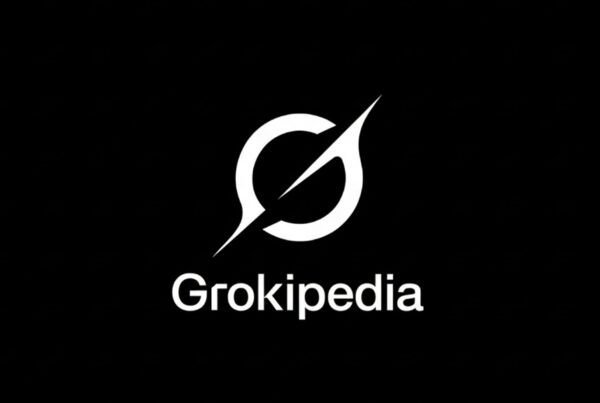The growing popularity of artificial intelligence in daily life is reshaping how people search for information. For years, Google Search was the main gateway to answers. Now, more users are choosing AI-powered platforms that provide quicker, more concise, and context-aware responses.
This shift is not just a passing trend but a sign of a deeper transformation in how humans interact with information. AI has evolved into more than just an alternative search tool. It functions as a virtual assistant that can understand tone, preferences, and even user habits. This raises a critical question: why do so many people now feel more comfortable asking AI rather than typing keywords into Google?
Changing Patterns in Information Search
The rise of generative AI introduced a new way to search for information. Traditionally, users typed keywords into Google, scanned results, and selected what seemed relevant. With AI, answers are delivered instantly, eliminating the need to browse multiple pages.
Young generations raised in a digital world particularly value conversational interactions. They see AI as more human-like and responsive. A Pew Research Center report highlighted that more than 30 percent of young internet users in the United States rely on AI for everyday questions.
Faster and Concise Answers
Many users say they are frustrated with Google’s results crowded with ads and lengthy articles. AI offers a solution by delivering short, clear, and direct answers in plain language.
For example, if someone asks how to prepare a simple financial report, AI doesn’t just provide a list of links. Instead, it generates a ready-to-use format. This saves valuable time.
Moreover, users can ask follow-up questions if the answer seems incomplete. AI responds interactively, almost like a human dialogue. In contrast, Google requires rewriting searches with new keywords each time.
Personalization Beyond Search Engines
AI can tailor answers based on conversation history. If a user previously asked about business, then financial-related queries may be answered within that context.
Google, however, relies mostly on past searches and SEO-driven results. Users still need to filter through content, much of which prioritizes ranking higher in search results rather than providing useful information.
Drivers Behind the Shift to AI
The migration from Google to AI is fueled by a combination of technological advances, user behavior, and the state of online content. Analysts call this the “instant answer era,” where speed takes precedence over lengthy exploration.
AI is also perceived as more neutral since it delivers information without flooding users with ads. Many complain that Google’s results now feel cluttered with sponsored content, making it harder to find what they actually need.
Efficiency as a Core Factor
Time efficiency plays a key role in this change. Professionals, students, and entrepreneurs prefer instant responses rather than scanning through ten separate webpages.
A McKinsey Digital report showed that efficiency is one of the primary drivers behind AI adoption in professional settings. AI can reduce basic research time by up to 40 percent. This aligns with user experiences of becoming more productive thanks to AI.
Shifts in Digital Content Standards
The quality of online content has also influenced this migration. Many websites prioritize SEO optimization to secure top Google rankings. Unfortunately, this often results in long-winded articles stuffed with keywords and intrusive ads.
AI solves this problem by presenting concise, ad-free information. This builds trust and reinforces the perception of AI as a more reliable tool than traditional search.
Implications for Google and the Search Industry
The shift in user preference has significant implications for Google’s dominance as the world’s leading search engine. For more than two decades, Google was unmatched in providing access to global information. Now, its position is increasingly challenged by new technologies.
Google has tried to respond with its Search Generative Experience (SGE). However, adoption has been limited, and many users argue the answers remain less refined compared to leading AI platforms.
Challenges for Google
Google’s greatest challenge is staying relevant in an era where people prefer AI’s conversational style. If it fails to adapt quickly, its dominance since the early 2000s could erode.
There is also the issue of business models. Google’s revenue heavily depends on advertising. If more users switch to ad-free AI platforms, its primary income stream could be at risk.
The Future of Search
Analysts believe the future of search will likely be hybrid. Users will still rely on Google to verify original sources, while AI will serve for quick and practical answers.
In other words, Google and AI may coexist rather than replace each other completely. Still, the rapid adoption of AI is pressuring Google to innovate more aggressively.
The growing preference for AI over Google Search signals a new chapter in the digital era. Quick answers, personalization, and natural interaction are the main drivers of this shift. Google, after dominating online search for more than two decades, now faces one of its toughest challenges yet.
If the trend continues, the global information ecosystem will undergo a major transformation. The future, however, remains open. Users will keep seeking the most effective way to access answers. For readers interested in following the latest developments in artificial intelligence, explore more technology coverage on Olam News.




